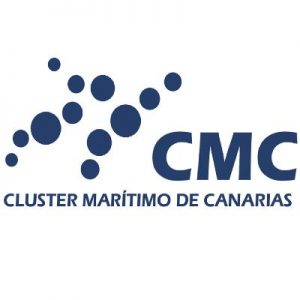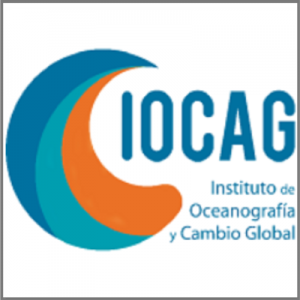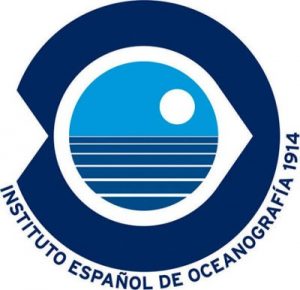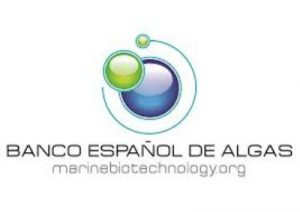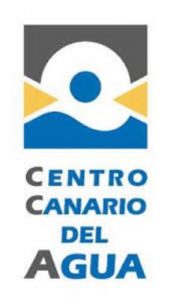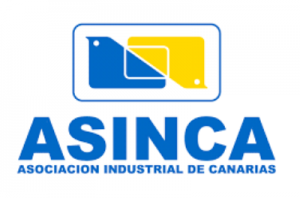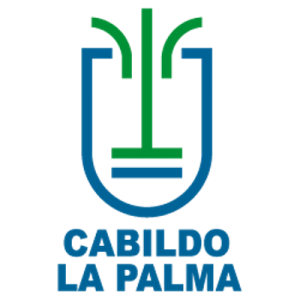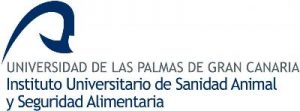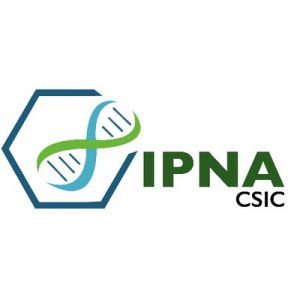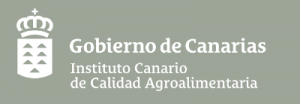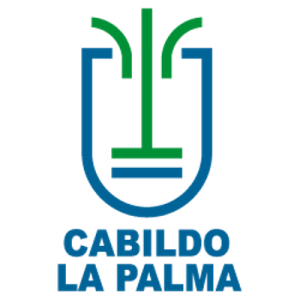Actors
The Technological Institute of the Canary Islands (ITC) is a public enterprise established by the Government of the Canary Islands in 1992, and attached to the Department of Employment, Industry and Trade of the regional government. The competences of the ITC are framed in the fields of Research, Development and Innovation at a regional level, with the aim to fostering technological advancement to improve the quality of life. The ITC supports Islands integral development through the implementation of practices and the deployment of projects related to R&D and innovation in several fields: Water, Biotechnology, Environmental, Computation, Biomechanical and Innovation and…
The Maritime Cluster of the Canary Islands is a non-profit association with a regional scope whose main objective is to promote the development and international competitiveness of the Maritime Sector of the Canary Islands, in turn raising the business, economic and social fabric of the Canary Islands. This is done through the integration, creation, strengthening and sustainability of the companies and institutions that are within the value chain of the maritime marine sector, promoting its international presence and raising the technological and innovative standards of all the agents involved, aligned with policy development and social demands. The strategy to achieve…
he Oceanic Platform of the Canary Islands (PLOCAN) is a Research Infrastructure (RI) labeled by the ICTS (Unique Scientific and Technological Infrastructure) Spanish National Roadmap, co-funded by the Economy and Competitiveness Ministry of the Spanish government and the Canary Islands government and by the European Regional Development Fund (ERDF) under the Operational Programme of the Canary Islands. PLOCAN is a multipurpose technical-scientific service infrastructure that provides support for research, technological development and innovation in the marine and maritime sectors, available to public and private users. PLOCAN offers both onshore and offshore experimental facilities and laboratories, operational throughout the whole year…
The Institute of Oceanography and Global Change is one of the seven university research institutes hosted by the University of Las Palmas de Gran Canaria (ULPGC), whose constitution was approved in August 2011 (1). This research institute is the natural consequence of the research activities developed in the ULPGC for three decades in the field of marine science. The Marine Science Faculty pioneered these studies in Spain since the early 80’s. Those first trained professionals joined the faculty members who had hitherto been their teachers, thus setting up a comprehensive research environment. The report published by the Foundation for Knowledge…
The CETECIMA Marine Science Technology Center was established in 2003 and began to develop its activity in 2004, as a private, non-profit association, whose main objective is to contribute to the general benefit of society, through generation of technological knowledge and its application for the development and strengthening of the competitive capacity of companies in the marine and maritime sector in the field of technology and innovation, by carrying out R&D and innovation activities and developing their application, in such a way that these initiatives can be promoted abroad, with openness to international and technical development cooperation, being able to…
The Oceanographic Center of the Canary Islands (COC), founded in 1927, is one of the nine Oceanographic Centers of the IEO. It is located in the fishing area of the Port of Santa Cruz de Tenerife. The COO addresses the following research fields: Marine Aquaculture, Marine Environment, Marine and Fisheries Live Resources, Transversal projects, Environmental Protection and Impact evaluation.
The Spanish Algae Bank (BEA) of the University of Las Palmas de Gran Canaria (ULPGC) is a national R&D and innovation service managed by the Canary Islands Science and Technology Park Foundation of the ULPGC. The BEA has as its basic objectives the isolation, identification, characterization, conservation and supply of microalgae and cyanobacteria. In addition to these classic functions of all microorganisms, the Spanish Algae Bank is a service that facilitates the development of a new bioindustrial sector based on the cultivation and applications of microalgae and cyanobacteria.
The Centro Canario del Agua Foundation (FCCA) is an independent and non-profit organization whose objective is the research and development of innovative products for water treatment. It was founded on December 14, 1998 by the General Directorate of Water of the Canary Islands Government, the Insular Water Councils of the seven islands and a series of private companies with interests in the Canary Islands water sector. The FCCA carries out and promotes R&D work autonomously and in combination with public institutions and private companies. The FCCA conducts applied research mainly in the following areas: Equipment for remineralization of desalinated waters…
The Industrial Association of the Canary Islands, ASINCA, is the highest representative entity of the industrial sector of the Canary Islands. Its main objective is the representation and defense of the interests of the industrial sector, to promote canary industry as a competitive and future sector for the Canary Islands. ASINCA has a strong technical character and its territorial scope is limited to the Canary Islands, with offices in each of the capitals of the Canary provinces.
The Agrobiology Laboratory Juan José Bravo offers the following services: Physical and chemical analysis of land, nematodes and waters for agricultural use Analysis of musts and wines. They are currently made free of charge, so that producers realize their importance and usefulness Foliar analysis All these services are aimed at the samples collected in the Agricultural Extension Agencies, Cooperatives, Commercial Houses and the general public.
The University Institute of Animal Health and Food Safety of the University of Las Palmas de Gran Canaria was created by the Government of the Canary Islands, through Decree 88/2002, dated July 16, 2002. The purpose of the Institute is “to serve as a useful tool for society and to become in a reference on animal health and food safety”, not only in the Canary Islands, but also in the rest of Spain and of the world. The current structure addresses 5 research fields: 1. Animal Reproduction 2. Experimental and comparative surgery, oncology and radiology 3. Epidemiology and Preventive Medicine…
The Institute of Natural Products and Agrobiology (IPNA) is part of the network of research centers of the Higher Council for Scientific Research (CSIC), State Agency of the Ministry of Science, Innovation and Universities (MCIU). The activity of the IPNA ranges from basic research to technological development. Its objectives are varied considering that it is a multidisciplinary center with three main scientific-technical areas: Chemical Sciences and Technologies Agricultural Sciences Natural resources The purpose of the IPNA is the scientific and technological research, the transfer of knowledge to industry and society, the training of research staff and the dissemination of science…
The Canary Islands Institute of Agricultural Research (ICIA) is an Autonomous Organization of the Autonomous Community of the Canary Islands Governmnt, attached to the Conceil of Agriculture, Livestock, Fisheries and Water, and created by Law 4/1995, of March 27, whose purposes are the programming, execution and monitoring of research activities and the development and transfer of agricultural technologies in the region, as well as, those that are attributed to the competent organs of the Government of the Canary Islands in terms of agricultural research and technological development.
The purpose of the Institute is the exercise of the competences of the Public Administration of the the Canary Islands Government in the field of food quality. In addition, the Institute will act as a service provider in relation to the control and certification of the quality of agrifood products.
Farm of 110,000 m² with cultivated lands partly dedicated to the sowing of fodder for the cattle and the plantation of traditional varieties of fruit trees. As a main activity, the center is dedicated to the multiplication of specimens of the livestock breeds present in La Palma that are in danger of extinction



